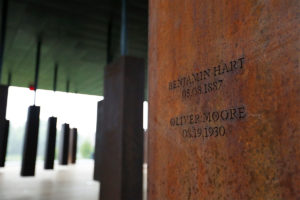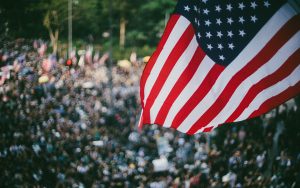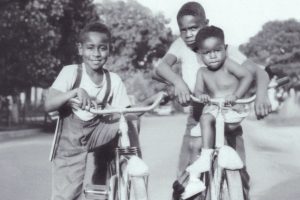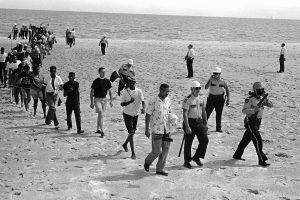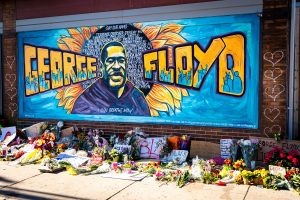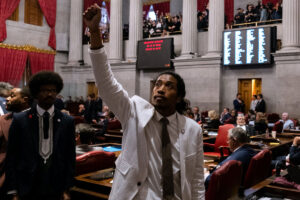
U.S. Has A Long History Of State Lawmakers Silencing Elected Black Officials
“As a sociologist who studies race and ethnicity, I have closely followed these moves by the states,” Rodney Coates writes. “Throughout U.S. history, I see three main periods of legislative disenfranchisement in which legislative bodies have voted to expel members.”


